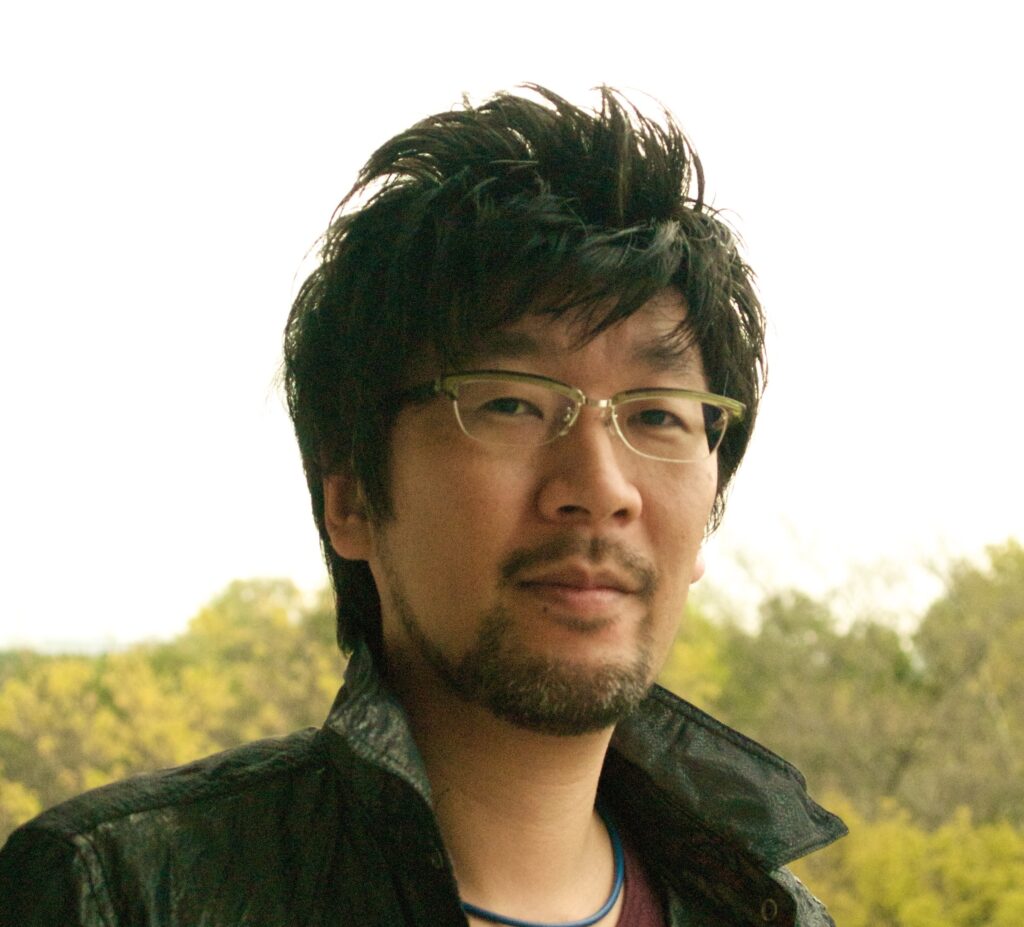
- ARAB NEWS
- 12 Jul 2025

Dubai: Meet Masafumi Takada, the Japanese video game composer and sound designer who is known for making music for video games such as, Danganronpa, No More Heroes, and Super Smash Bros.
In an exclusive interview with Arab News Japan, Masafumi Takada shared that his inspiration for video games started when he was a child as his uncle had a game console called SYSTEM 10.
“The game (that I got into) was basically people VS. people, like ATARI’s PONG, so I remember having a lot of fun with my relatives of the same age who gathered for New Year’s holiday, just as if we were playing outside. I was very interested in this sports-like game that could get excited indoors in front of the TV,” he shared.
After that, he got into Nintendo’s handheld console Game & Watch where he played games such as Famicom, Super Nintendo, and more.
“I was also interested in personal computers, I think they were called microcomputers back then, which were finally affordable at the time. I mastered typing on the SHARP MZ-2000 that my father bought for me, created simple games using the BASIC programming language, and even typed a program that was featured every month in a magazine called ‘Mycom Basic Magazine’ published by Denpa Shinbunsha at the time,” he told Arab News Japan.
Takada learned how to play the electronic organ for as long as he can remember. “In early childhood education on the electronic organ there were lessons in expressing one’s ‘thoughts’ through music, and my first musical experiences were more about the music I played and made than the music I listened to. It was probably the same feeling as speaking a language,” he recalled.
The composer’s first project was for his job where made some sounds for Ranma 1/2: Battle Renaissance and 2TAXGOLD, which eventually led him to Danganronpa.
He recalled the journey of creating music for the game No More Heroes saying “I was able to make the music quite freely just with the feeling of translating each screen, the situation, and the emotions of the player into the music. This style of creating the music while actually playing the game has not changed much, so I think it suits me well.”
Takada also made music for the popular video game Super Smash Bros, where he shared that he was given the freedom to choose and arrange any song he liked, which made him enjoy the process more. He chose Haremar Faith Capoeira School Fight Song (Believers Will Be Saved) from Fatal Fury: King of Fighters and the title song from Banjo-Kazooie as part of the process.
Regarding the music for the video game Danganronpa, he said “I’m still glad I came up with the idea ‘let’s have the computer voice speak ‘DANGANRONPA’ on the title track. Danganronpa was a new original IP, and I felt it had a distinctive title name; therefore, I wanted people to remember it first, so I decided to start it with an impactful beginning, like YMO’s TECHNOPOLIS… Danganronpa was my first experience in creating a fully numbered story-driven title.”
In 2017, Takada co-founded the video game development studio Too Kyo Games, alongside former members of Spike Chunsoft. With the company, he composed for music for Death Come True (2020) and Master Detective Archives: Rain Code (2023).
Takada shared with Arab News Japan with the story of establishing the company, which is celebrating its 6th anniversary this year. “I think that the company has become much larger and more substantial than I had envisioned at the time of its establishment. We have been blessed with staff who joined the company after its establishment, outsourcing, and collaboration with other companies, and we are looking forward to the future,” he said.
When asked to give recommendations for upcoming musicians and composers, he said “I think it is good to be interested in a variety of things, not just game music. Especially in the field of game production, I feel that there are many sound staff members who are very dexterous and can do anything.”
Takada has never visited the Middle East before, but hopes to visit it in the future. He is currently working on new projects that will be announced soon.